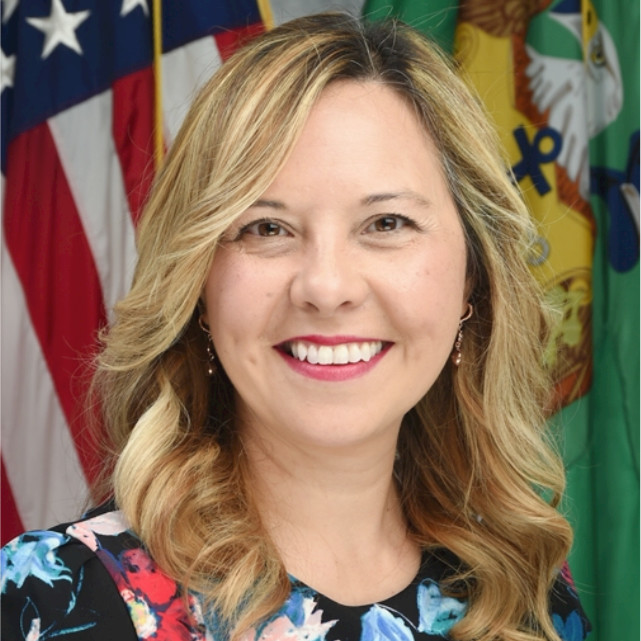Cboe officials “constructively engaged” with the CFTC and got a positive result.

Grygo is the chief content officer for FTF & FTF News.
Is there a lesson here for the crypto exchanges that are facing the wrath of the SEC?
Digital asset clearing and settlement is a new reality for securities firms that want to keep clients happy. Toward that end, the CFTC approved Cboe Clear Digital to clear margined digital asset futures.
Technically, the CFTC approved an amended order of registration for Cboe Clear “to clear additional products, subject to the terms and conditions specified in the order, as a derivatives clearing organization (DCO) under the Commodity Exchange Act,” officials say.
“The amended order permits Cboe Clear to provide clearing services for digital asset futures on a margined basis for futures commission merchants, in addition to the fully collateralized futures and fully collateralized swaps previously authorized,” according to CFTC officials. “Cboe Clear’s parent company, Cboe Digital Exchange, LLC, is registered with the CFTC as a designated contract market.”
Among other stipulations, the CFTC is requiring a “Digital Asset Audit” whereby “Cboe Clear shall engage an independent certified public accountant to audit Cboe Clear’s digital asset balances and issue an opinion on the accounting treatment of digital assets held by Cboe Clear on an annual basis,” according to the registration order.
As for digital asset third-party service providers, Cboe Clear “shall obtain and provide to the Division of Clearing and Risk, as available to Cboe Clear, a copy of any System and Organization Controls (SOC) 1 – Type I or Type II and SOC 2 – Type II audit report of any third-party service provider used in the custody or storage of any digital assets held on behalf of clearing members,” according to the registration order.
Interestingly, the CFTC recently issued an advisory for DCOs that requires them to “identify new, evolving, or unique risks” when moving into the clearing of digital assets. The advisory, which came from the CFTC’s Division of Clearing and Risk (DCR), also asks DCOs to implement new risk mitigation measures for digital asset clearing.
“In the past several years, DCR has observed increased interest by DCOs and DCO applicants in expanding the types of products cleared and business lines, clearing models, and services DCOs offer, including related to digital assets,” according to the DCR.
The advisory “reminds registrants and applicants that when expanding lines of business, changing business models, or offering new and novel products, DCR will remain focused on the potentially heightened risks that may be associated with certain of those clearing activities,” according to the DCR.
In her statement of support for the Cboe Clear Digital decision, CFTC Commissioner Christy Goldsmith Romero underscored the role of the regulator and pointed toward a model for the approval of digital asset operations in the future.
“As the regulated digital asset derivatives market evolves, the Commission has a critical role to play in ensuring that any risks associated with that evolution are appropriately addressed by customer protections, guardrails and safeguards,” Romero says. “The Commission should assess the risk that flows from any application, determine if that risk can be adequately mitigated, and require risk-mitigation measures.”
In her conclusion, Romero says that she has been “vocal about the benefits of bringing appropriate crypto activities into the regulated space in order to protect customers, but in a way that supports oversight, accountability, transparency, and risk management (among many other public interests).”

Christy Goldsmith Romero
“Too often in recent years, crypto firms have sought to take a business model or market structure that exists in an unregulated environment and port it over to the regulated environment,” Romero says.
“The CFTC does not have a window into the risks associated with models or structures in an unregulated environment. Cboe has not done that, instead operating within the parameters of the traditional futures market structure and regulatory framework,” Romero says.
Cboe officials have “constructively engaged with the staff and my office to address concerns related to risk, and implement risk-mitigating measures,” says Romero who adds that this approach helped her to vote for the amended order of registration.
Romero’s full statement can be found here: https://bit.ly/3Ne5g1U
Need a Reprint?